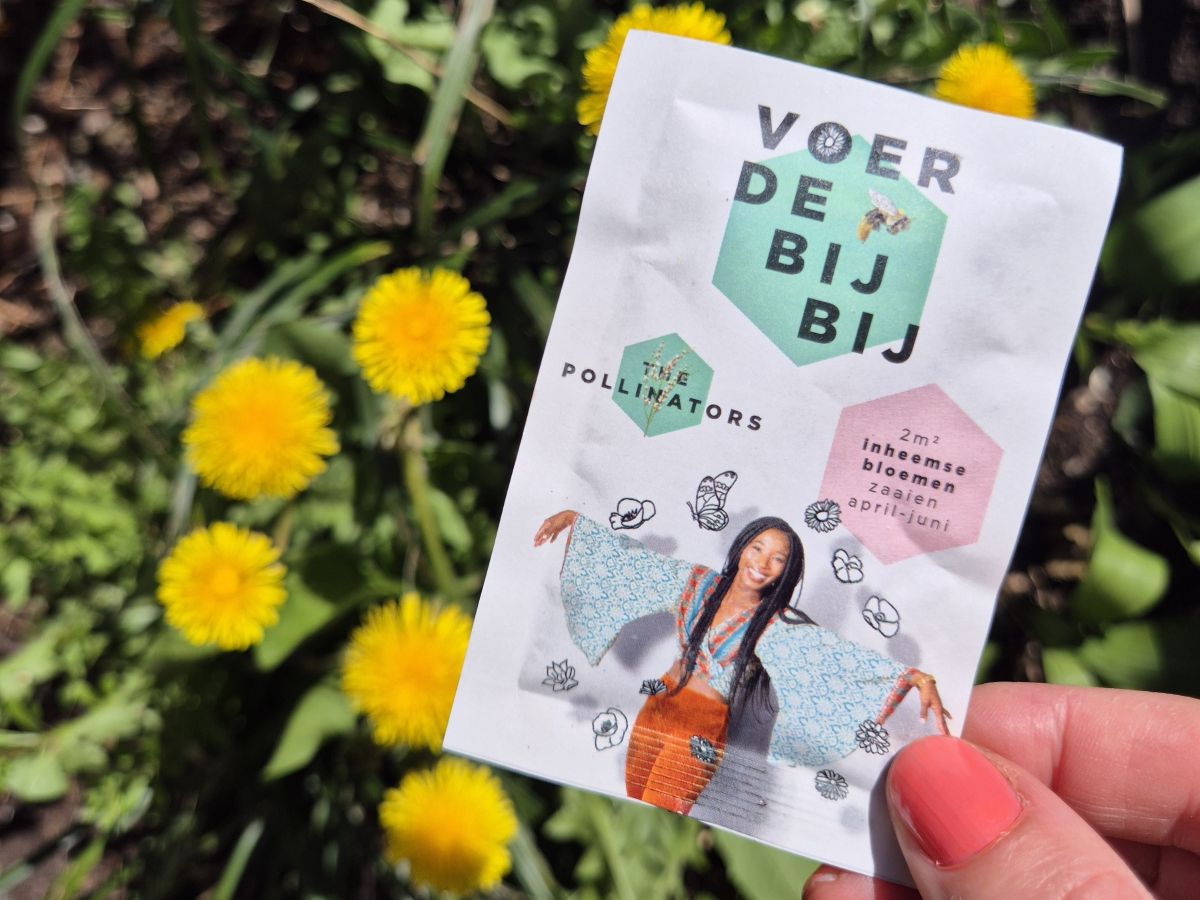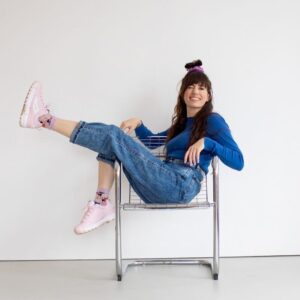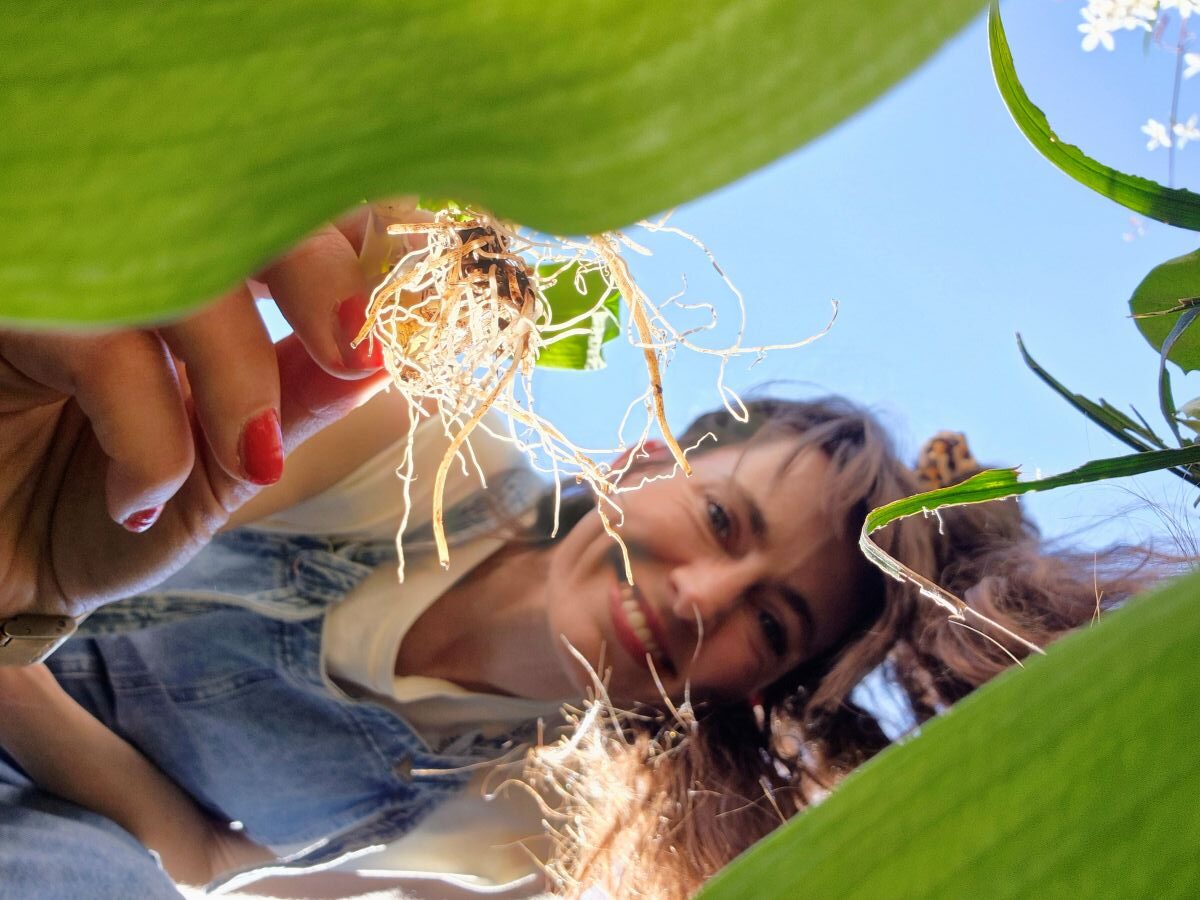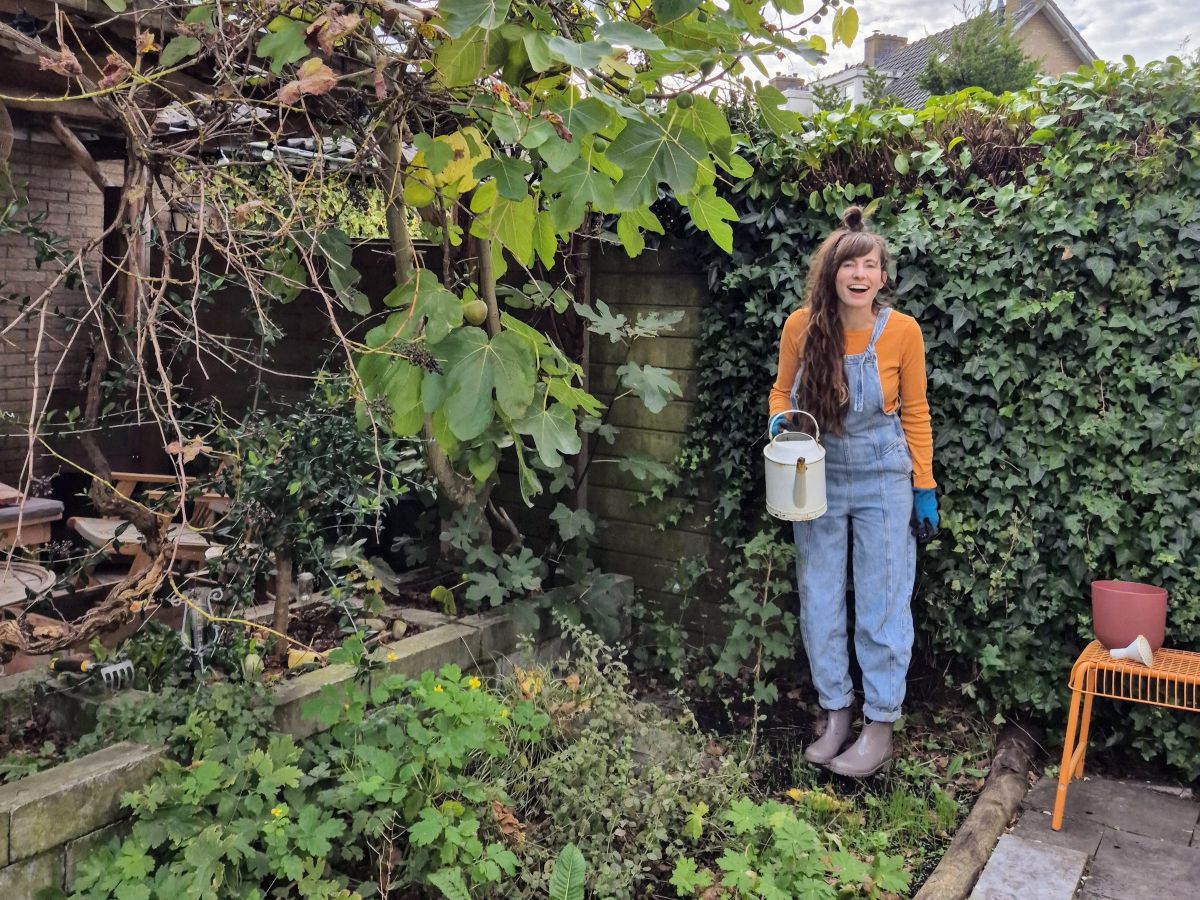Have you picked up your free bag of native flower seeds yet? Every year around mid-April, you can pick it up at one of the bee food banks. You can find these in countless places in the Netherlands, including people's homes. Sow it on 22 April, National Seeding Day, and treat bees to a flower buffet. Because without bees, no food.
What are these food banks for bees anyway?
The food bank for bees is an initiative of The Pollinators: a club dedicated to the welfare of pollinating insects, such as wild bees, bumblebees, hoverflies and butterflies. These ‘pollinators’ - literally: pollinators - are indispensable for our food. They ensure that flowers, vegetables and fruit are fertilised. Without the diligent work of these insects, harvests would be meagre. But it is precisely our pollinators that are struggling. This is because fewer and fewer flowers grow in gardens, roadsides and in the countryside. With bee food banks, The Pollinators wants to do something about it. And you can help!
How can you help the bees?
You don't have to have a green thumb for it, promise. On the website conducted at.nl you can see where in your area there is a food bank for bees. It could be a shop, a community centre or just someone with a bin in their front garden. You can make a collection appointment or walk by. There's often a poster next to it, so you know you're in the right place. You pick up a free bag of native flower seeds. On 22 April - when it is National Sowing Day - you scatter that in your garden, on your balcony or in a park. Super simple and you will make bees and butterflies extremely happy.


Native flowers are flowers that originate here. This is better for our pollinators than non-native or exotic plant species.
Why exactly native flower seed is so important
A bag from The Pollinators contains indigenous flower seeds: seeds of flowers that traditionally grow in the Netherlands, such as poppy, cornflower and daisy. These are exactly the flowers our bees and other pollinators are tuned to. They recognise the scent, know how to get to the nectar and get just the right nutrients from it. And that is important, because those cheerful flower mixtures from the garden centre may look bright, but they are often unsuitable (or even completely useless) for our local insects. We wrote about the importance of native plants earlier.
So by sowing indigenous, you are actively helping to restore biodiversity. And also nice to know: the seeds in the bag come from Cruydt-Hoeck, a Dutch nursery dedicated to bringing more wildflowers into our landscape.
Want to know more about the food bank for bees? Then watch this video!
More gardening tips
- Also see: Score free plants by participating in a bush raid.
- Also see: borrow seeds from the seed library.
- Also see: 15 ideas for a truly green garden.
Photo credits: thegreenlist.nl. At on flower: Thijs van der Weide (Pexels).












